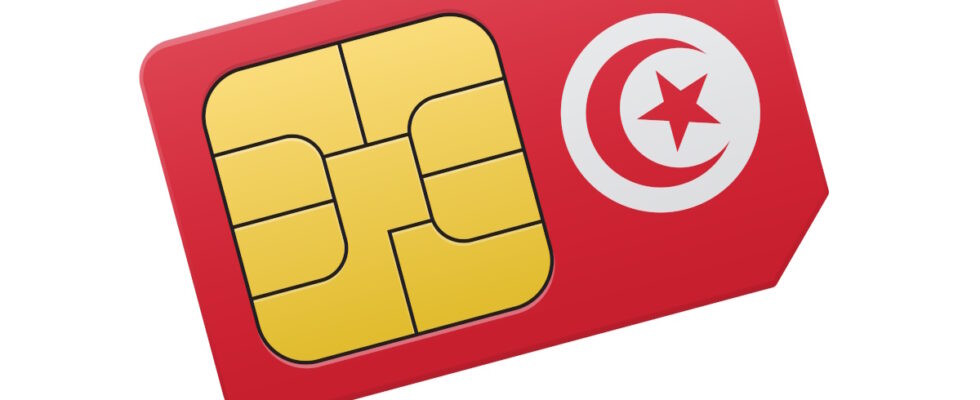According to the Korean telco operator SK Telink, which monitors fraudulent international phone call traffic, in 2023, Tunisia will be the country that sent the most spam.
SK Telink has published the list of 10 countries sending the highest number of phone spam calls, based on the analysis of international spam numbers blocked last year.
Tunisia (12% of the total, international identifier 216) is therefore the number one country for unsolicited international calls last year.
This country is followed this year by:
- Iran (9%, country code 98)
- Russia (7%, country code 7)
- Sri Lanka (7%, country code 94)
- Cameroon (4%, country code 237)
France in clear decline in this ranking
International spam is an illegal activity that typically occurs in countries with poor international communications infrastructure or lax administrative regulations and law enforcement. And in fact, Tunisia, epicenter of the “Arab Spring” in 2010, has experienced serious economic difficulties since the revolution, and the internal situation remains chaotic.
Iran is also experiencing a relatively unstable situation due to anti-government demonstrations and the conflict between Israel and Hamas. The country went from tenth to second place in the ranking in one year. Russia, which is at the heart of the Russian-Ukrainian conflict, rose to third place.
Note that last year, Tunisia also took first place in this ranking. But France, Georgia and Iceland were in second place. However, this year, these three countries have disappeared from the ranking.
“The top 10 countries change almost every year. This is the result of government efforts to combat spam,” said SK Telink. The Korean company said it blocked 7.17 million international spam emails last year.
How to recognize spam phone calls?
First of all, if you receive a missed call with an unknown country code such as “216”, “98”, “7”, “94” or “237”, it is very likely that it is “one ring” spam. Here’s how to fight this scourge:
- It is therefore recommended to check the country code of the phone number by searching before calling back.
- If you make a mistake and still pick up, press the end call key and make sure the call is disconnected.
- Do not click on unverified URLs in International SMS and make sure your smartphone’s security settings are set to prevent the installation of unauthorized applications.
- You can also use your smartphone’s spam blocker to log spam numbers and phrases, or install spam blocking and reporting smartphone apps to block illegal spam more effectively.
How does the “one ring” scam caused by international Spam phone calls work?
For illegal robocallers, the goal is not always to get you to respond. Sometimes it’s about getting you to call back.
This is why from time to time your phone may ring once and then stop. If this happens to you and you don’t recognize the number, don’t return the call.
If you call back, you risk being put in touch with a telephone number located outside of France. As a result, you risk being charged connection fees, as well as hefty per-minute fees for as long as the scammers keep you on the phone. These charges may appear on your bill in the form of premium services, international calls or paid calls.
Some variations of this scam rely on fake voicemails asking you to call a number with an unfamiliar area code to “schedule a delivery” or to alert you that a relative is “sick.”
Source: “ZDNet Korea”
